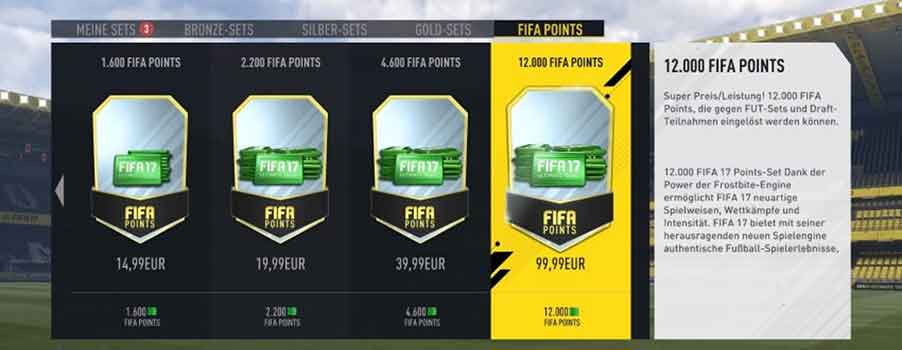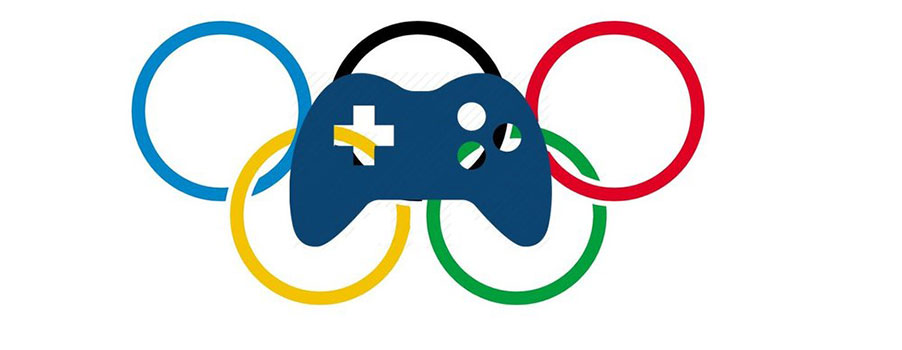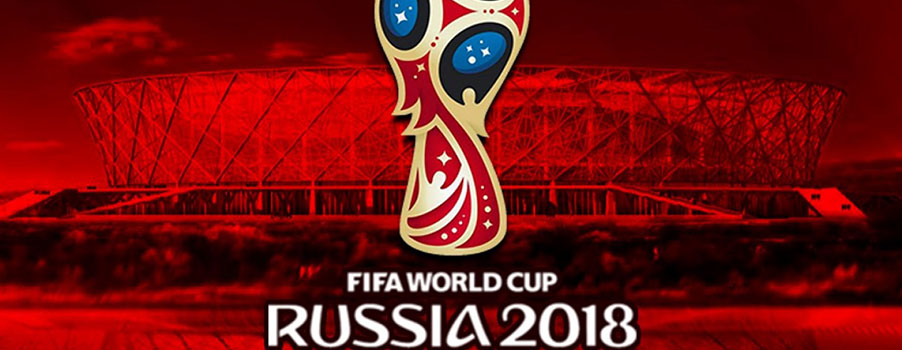Belgium declared loot boxes in video games as illegal and unregulated forms of gambling in 2018 and since then a number of game developers made changes so as to comply with the new law. Not Electronic Arts (EA) though – the company was not amused by the directive and chose to defend the use of loot boxes in video games instead of honoring the law, at least until now. Owing to increased pressure, the game developer has backed down from its previously defiant stance and has now ceased the sale of FIFA Points, an in-game currency that is offered in the company’s FIFA series.
The changes were meant to come into effect by January 1 which means that as from the first day of February, FIFA gamers in Belgium will not be able to purchase points in order to obtain FIFA Ultimate Packs. Fortunately, the players will still be able to access the Ultimate Team and play with their existing players. Also, as it has always been, players will still be able to earn all content in the game through gameplay and use coins as well as the in-game transfer market. For Belgian players who already have FIFA points in their accounts, they will still be able to use them but they will not be allowed to purchase more of them.
Belgium’s and Netherland’s gambling commissions came to the conclusion that loot boxes in video games that were fueled by real-money purchases are equivalent to casino games like roulette or spinning the reels of a slot machine. In essence, most countries, including the United States, classify the spending of real money on wagers for potential reward as gambling. Many game developers are mulling over these facts trying to find suitable workarounds.
What It Means for the Industry
In many ways, Electronic Arts started this whole thing thanks to its decision to include tons of heavy-handed transactions as well as loot crates in Star Wars Battlefront II. Despite the backlash from both players and gaming authorities, EA maintains its adamancy that loot boxes are not a form of gambling. In fact, the company said that it would still be seeking “more clarity” on the matter. Luckily enough, the FIFA Points were not critical to the company’s finances which means that this would have played out quite differently if that was not the case.
All things considered, while Belgium may seem like a relatively small market for video games especially when compared to other countries in Europe, its decision to ban loot boxes is certainly bound to get some attention. As is stands, legislators in the United States, the United Kingdome, and Japan have all been looking into loot boxes in the recent past with the main aim being to protect consumers especially those are underage or at risk of becoming gambling addicts.










